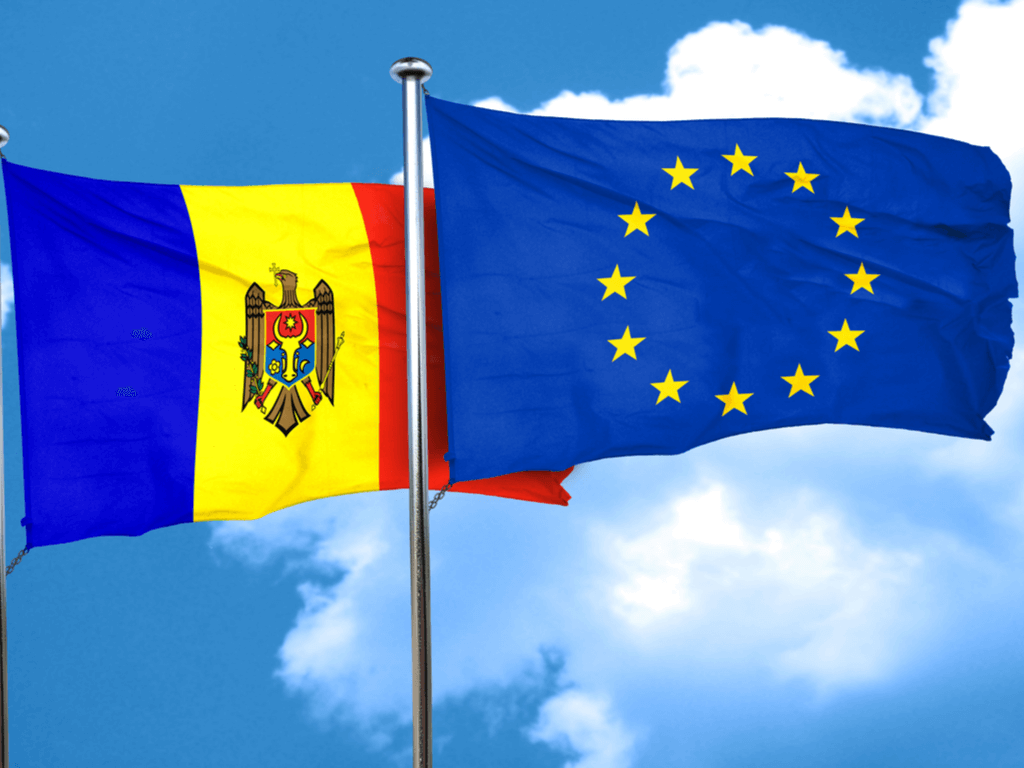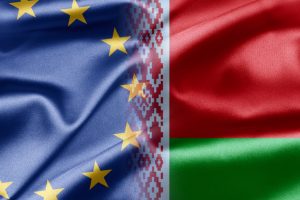Chiril Gaburici, the minister of Economy and Infrastructure of Moldova participated to the presentation of the European Common Cooperation strategy for Development for Republic of Moldova with the Cabinet of Ministers, the Ambassadors of the member countries of EU and the Switzerland Embassy. The event was hosted by Pavel Filip and Peter Mihalko, the EU Ambassador to the Republic of Moldova.
The Common strategy targets to provide the strengthening of the politics dialogue and monitor the implementation of the reforms.
Within the discussions, Chiril Gaburici thanked the developing partners for the assistance they presented till the present moment. He added that the Ministry of Economy and Infrastructure counts on European support for future.
“The Common Cooperation Strategy is a very important document for us. It refers to the key-directions of the economic spheres and the priorities of Economy and Infrastructure Ministry for 2018. I am glad that we cooperate with the EU, as, definitely, the results of the reforms will be visible soon”, said Chiril Gaburici, the Minister of Economy and Infrastructure.
The common strategy represents the results of the collective work of the Delegation in the Republic of Moldova of the member states of the EU and Switzerland and it is structured in four spheres: economic development, market opportunities, social and health protection, strengthening state institutions and the good governing, security, efficiency of the energy, environment and climate change, mobility and people-to-people contacts, including support for the benchmarks on visa liberalization and education, training and research.
According to the strategy in the economic and infrastructure sphere, the European donors redirected the investments to a better quality of the products and services, a wider access to the foreign markets and excessive exports through reducing the technical and administrative barriers to trade and ensuring compliance with Sanitary and Phytosanitary (SPS) standards in the DCFTA context, a competitive ICT sector and a strengthened regulatory framework for the ICT sector, increased investment needed to upgrade the infrastructure, develop energy connections with the EU, and developing the electric energy efficiency.




